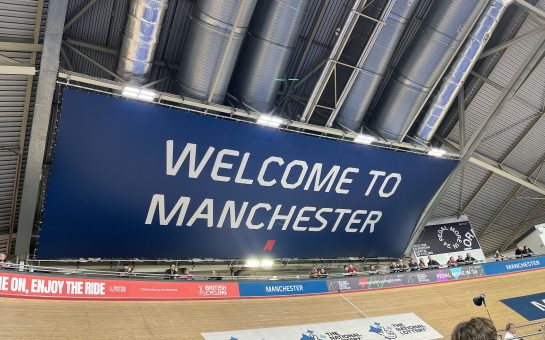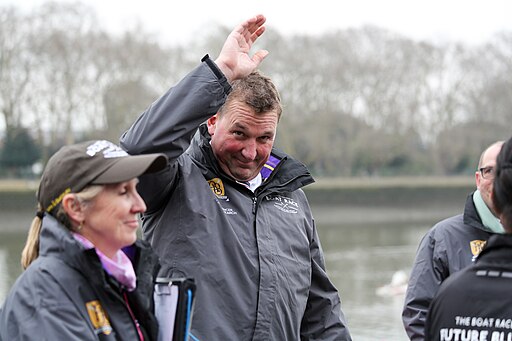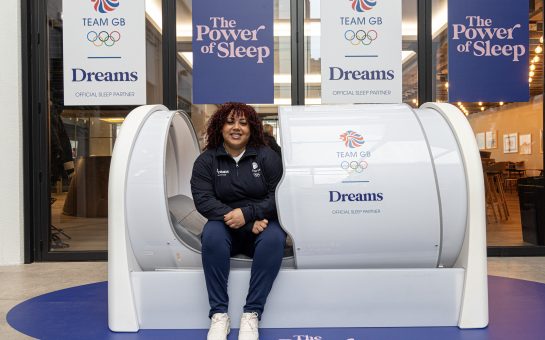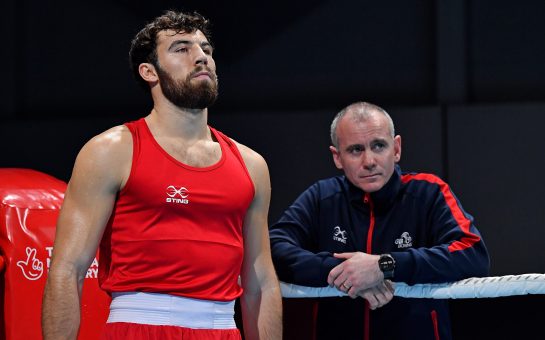British Olympic champion Amy Williams has described Team GB’s funding situation as ‘cut-throat’ ahead of the Winter Olympics in PyeongChang.
The Vancouver 2010 gold medal winning skeleton athlete told Mancunian Matters that issues with funding are an ever-present part of being a snow sports athlete.
The Telegraph reported in January that British medal prospects Lizzy Yarnold and Laura Deas would be in danger of seeing their public funding slashed if they could not guarantee a medal position.
Williams, who in 2010 was the first British athlete to earn an individual gold medal at a Winter Olympics for 30 years, said she experienced similar financial issues in the run-up to the Vancouver Games.
“We knew we would have to win a medal otherwise the sport wouldn’t receive any more funding,” said the 35-year-old Cambridge-born skeleton athlete.
“It is cut-throat – you have to win medals to be able to get the funding and yet if you don’t have the funding you can’t win the medals.
“It is a really tough one, you do always have to perform and bring home medals. You have to put down those targets to aim for.”
In September last year the British Bobsleigh and Skeleton Association (BBSA) told British athletes Mica McNeill and Mica Moore that they no longer had the money to fund their Olympic bid.
The two bobsledders took an unconventional route to gaining financial support, setting up a crowdfunding page which has raised in excess of £40,000.
ALL ABOUT THE MEDALS
From Williams’ perspective, the move by the BBSA was understandable as unfortunately the board must focus funding on realistic medal prospects.
“For the women’s bobsleigh team, it was so close to the games that it was such a disruption,” said the 2009 World Championship runner-up.
“But with every sport, a year out of the games, you do always have to focus that money on the athletes who you think can get the medals.
“It is sad and cut-throat that there isn’t enough money for everyone and they do have to focus a little bit more on the medal hopefuls.
“But clearly you need to go to the Games for the experience and generally people don’t win a medal at their first games, it is their second one.
“In this day and age where we have got Twitter and crowdfunding, it is phenomenal that they could keep going and know that they have got everyone behind them.
“It is a shame that those kinds of decisions have to be made, but I can also see why they have to be made.”
UK Sport have set Team GB a target of at least five medals after funding for PyeongChang was doubled compared to Sochi 2014.
Team GB gained four podium finishes at Sochi, achieving one gold, one silver and two bronze medals. They are waiting to hear whether the men’s bobsleigh will be upgraded to bronze in light of the Russian doping scandal.
Despite the increased medal target, Williams believes the prediction is a fair assessment of the British winter athletes’ quality.
“I think the medal target is realistic if everyone on the day does everything they can do.
“We have got the curling teams and Elise Christie, who has got every title under the sun now. The skeleton, snowboarders and James Wood in the skiing, you have got Katie Ormerod.
“They have all got the skills to win, it just depends on whether it all comes together on the day.
“You never really know what is going to happen when it comes to the Olympics and who keeps a cool head and keeps it together.”
Image courtesy of Janine Wood via YouTube, with thanks.



